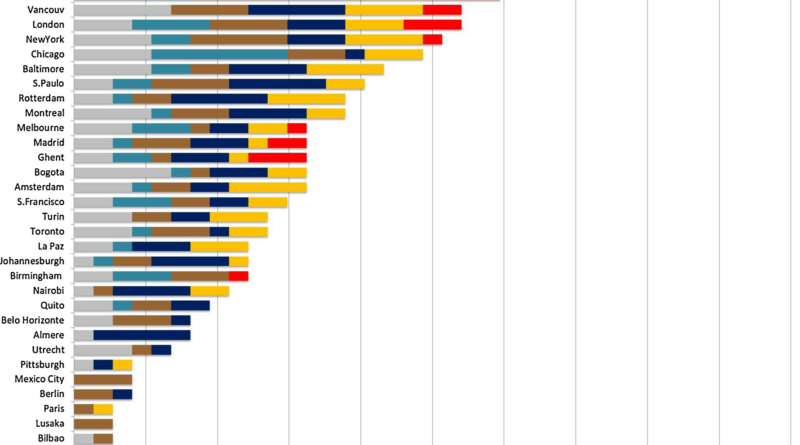MILAN URBAN FOOD POLICY PACT: ANALYSIS OF THE URBAN FOOD SECURITY POLICIES IN THE SIGNATORY CITIES
Cities around the world face new challenges of food security and are developing urban food policies. Their objective is to integrate hunger problems with the aims of a food system based on environmental, economic and social sustainability. In this study a comparative analysis of the urban food policies’ actions is conducted, as envisaged in cities around the world, led by Stefano Corsi and Chiara Mazzocchi, respectively researcher and post-doc at DISAA. The methodology is based on the community detection method through network analysis. The Milan Urban Food Policy Pact, which is a unique city platform Worldwide, was used to select the cities and to analyse the actions in their policy plans, classified into six main topics: ensuring and enabling an environment for effective action; sustainable diets and nutrition; social and economic equity; food production; food supply and distribution; and food waste. Three clusters are thus identified: i) agriculture for food security; ii) governance and food economy; and iii) sustainable and healthy consumption. This research provides a description of the main focuses of current policies, and their main political differences
Figure: The graph represents the percentage of actions envisaged in the cities’ food policy documents.
REFERENCE
Filippini R., Mazzocchi C., Corsi S. (2019). The contribution of Urban Food Policies toward food security in developing and developed countries: A network analysis approach. Sustainable Cities and Society, 47 [ doi: 10.1016/j.scs.2019.101506 ].

